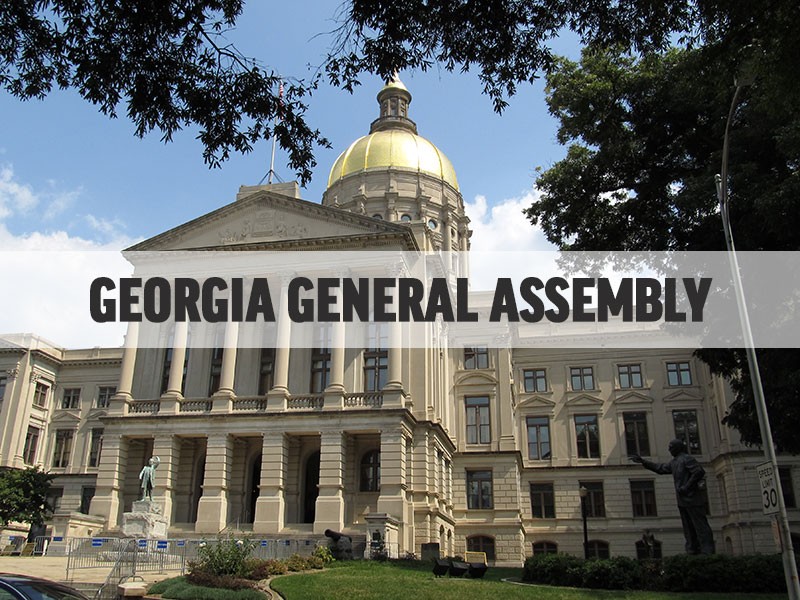The battle to bring casino gambling to Georgia hit a major roadblock last week in the House of Representatives, but even those opposed to the idea expect the fight to continue.
Legislation that would allow up to four casinos to operate around the state, with approval from voters statewide, failed to get a House vote before a key deadline on Monday. Supporters, though, feel things are moving in the right direction, despite the decision to delay by Speaker David Ralston, R-Blue Ridge, and Gov. Nathan Deal's opposition to gambling expansion.
Rep. Ron Stephens, a Savannah Republican, first introduced legislation last spring as the 2015 legislative session closed, arguing that casinos would help the state's merit-based HOPE scholarship. The program is linked to the state lottery and first developed as a way to provide all-expenses-paid college education for Georgians at public institutions.
But Georgia's lottery has struggled to keep up with demand, forcing Deal and lawmakers to make changes to the scholarship amounts and eligibility requirements in recent years. A group of lawmakers studied the issue during the fall. Gambling firms, including MGM, hyped a potential windfall for state coffers and hired dozens of Georgia's top lobbyists as the legislative session opened in January, while evangelicals and other opponents warned of addiction, crime and other problems they fear will follow gambling.
Stephens said Wednesday that he expected Ralston's decision.
"We knew the issue of a veto would come up and we wanted to get the ball rolling, and to be honest, knew it would be a two- or three-year process," he said.
If fall elections don't significantly affect party control in the House, casino backers still will need help from Democrats to give voters the opportunity to end Georgia's constitutional ban on gambling. Constitutional amendments require approval from two-thirds of each legislative chamber to get a statewide ballot.
Republicans don't hold that margin the House, and the chamber's Democrats see an opportunity to push for financial help to college students based on need, not just academic skill as in the HOPE program.
Rep. Stacey Evans, D-Smyrna, is a co-sponsor of this year's proposal and said she looks forward to continuing the discussion about bringing casinos to Georgia. Evans maintained her stance that any money from gambling should help college students in financial need.
"We must make sure that we allocate the funds to their highest and best use," Evans said in a statement. "For me, that means using the funds for higher education assistance, with some portion designated to help those students with demonstrated financial need."
The Deep South region still largely bans or limits gambling to facilities owned by Indian tribes while preventing commercial casinos. Georgia, if lawmakers and voters approve a change in coming years, could benefit from that, said Doug Walker, a professor of economics at the College of Charleston in South Carolina.
Walker said that typically, when one state legalizes different forms of gambling, including casinos, neighboring states can feel pressure to follow suit.
"(Georgia) is in a good spot because it is pretty isolated, and casinos could bring in tourists, so I do think it would be beneficial," he said.
Stephens, who chairs the House's economic development committee, said he thinks the pro-casino argument still hinges on how it will affect the HOPE scholarship. "This is not just about casinos."
Rep. Paul Battles, a Cartersville Republican, said that won't sway him from opposing casino gambling.
When Ralston delayed a House floor vote on the measures last month, he told members to confer with neighbors at church. Battles said he didn't find one person in favor and doesn't expect that to change.
"It will always keep coming back and coming back," he said. "I don't know how you can present it any differently than it is."

http://accesswdun.com/article/2016/3/375300/georgia-casino-gambling-proponents-not-deterred-by-major-roadblock-vow-to-press-on
